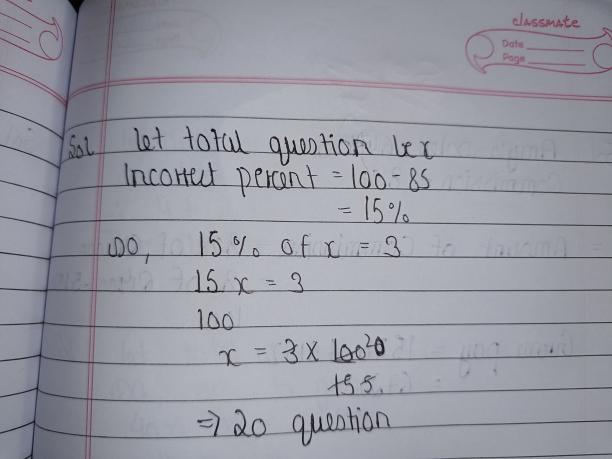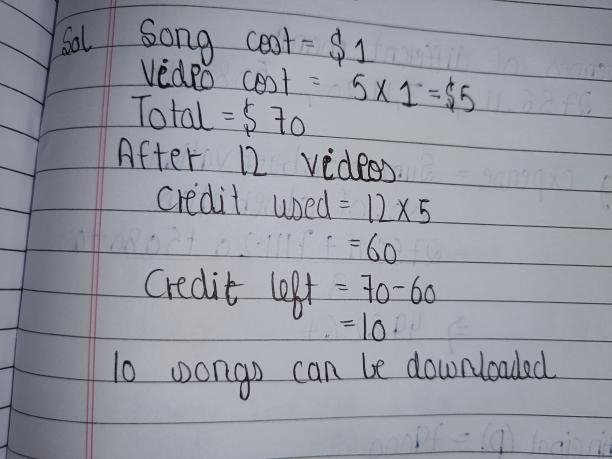 5
5  5
5  5
5 #1: B Rewrite one side (or both) using the distributive property
Multiply/divide both sides by the same non-zero constant
#2: Yes the equations are equivalent
 5
5 #1: B Rewrite one side (or both) using the distributive property
Multiply/divide both sides by the same non-zero constant
#2: Yes the equations are equivalent
 12
12  12
12 For 1 flavor there are 9 topping
Therefore, for 5 different flavors there will be 5*9 choices
No of choices= 5*9
=45
The answer is in the image

The total nom of code that can be used is equal to 5+3 = 8
The answer is in the image


It will provide an instant answer!
